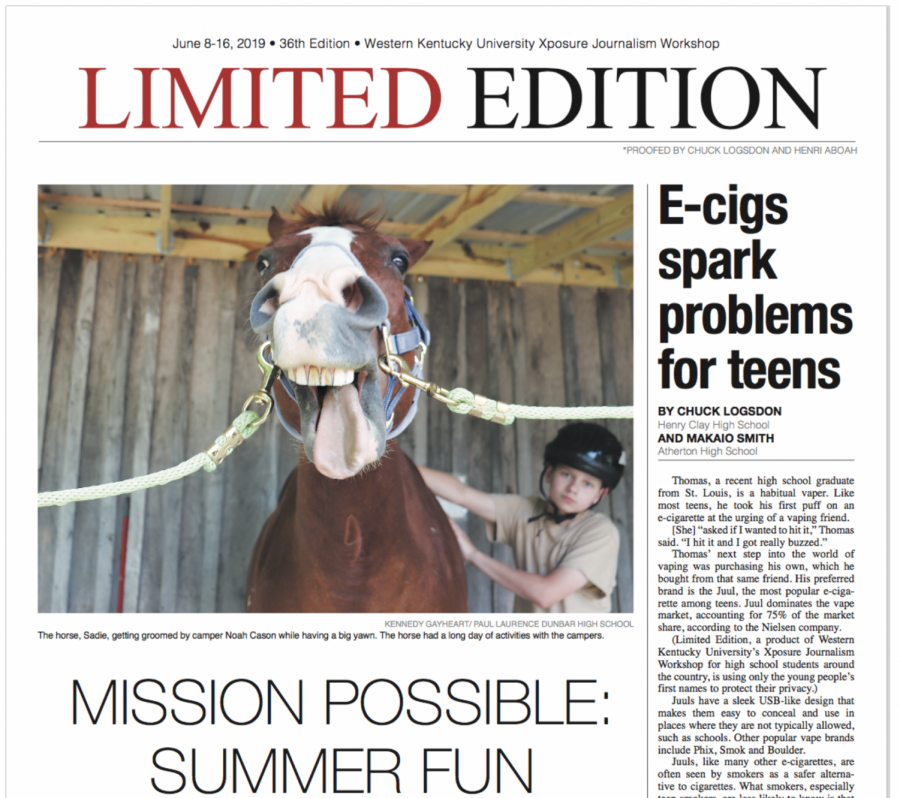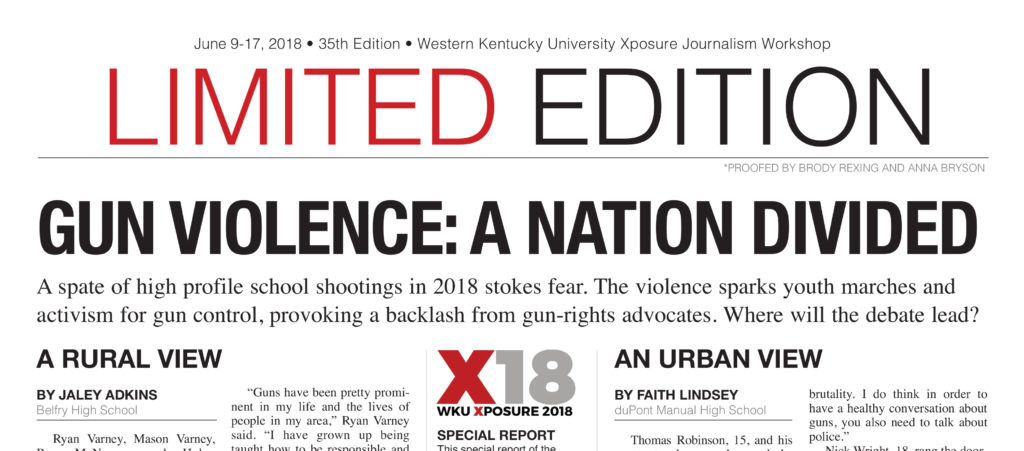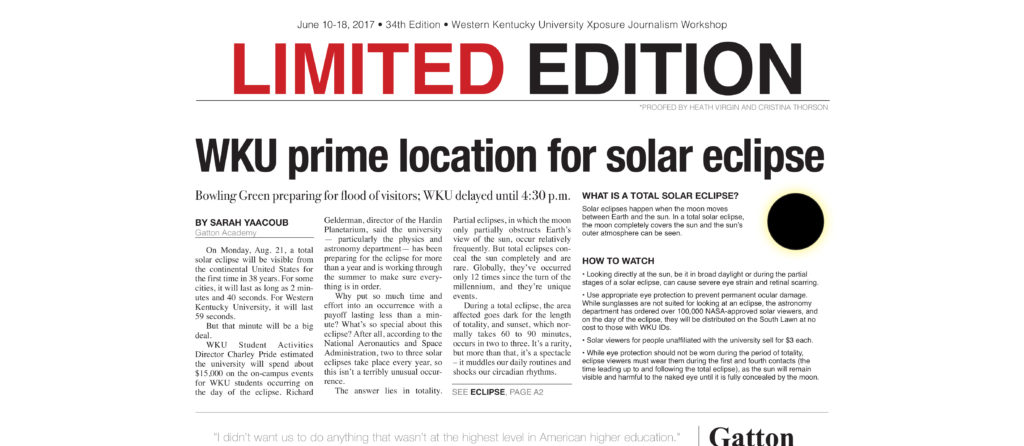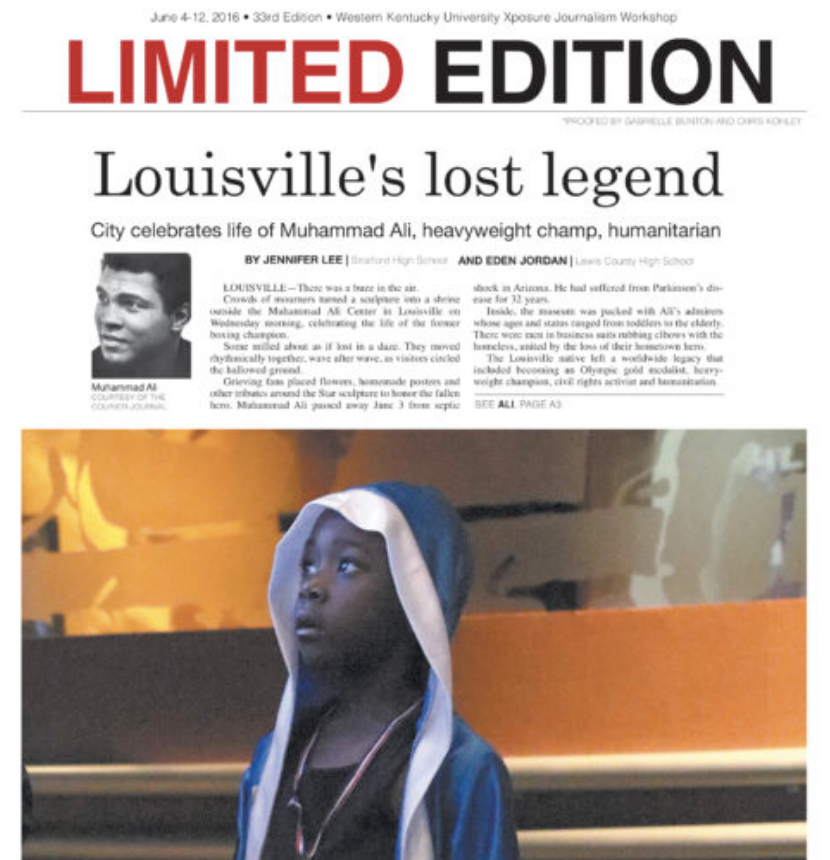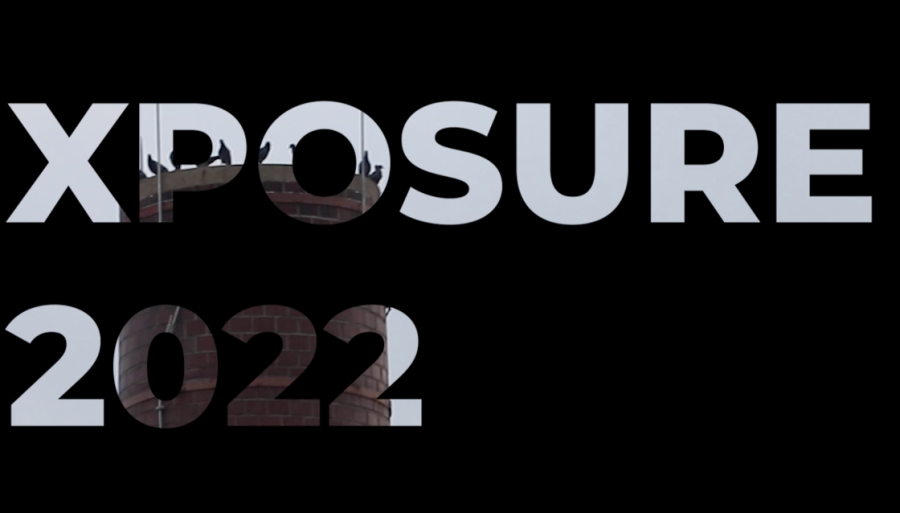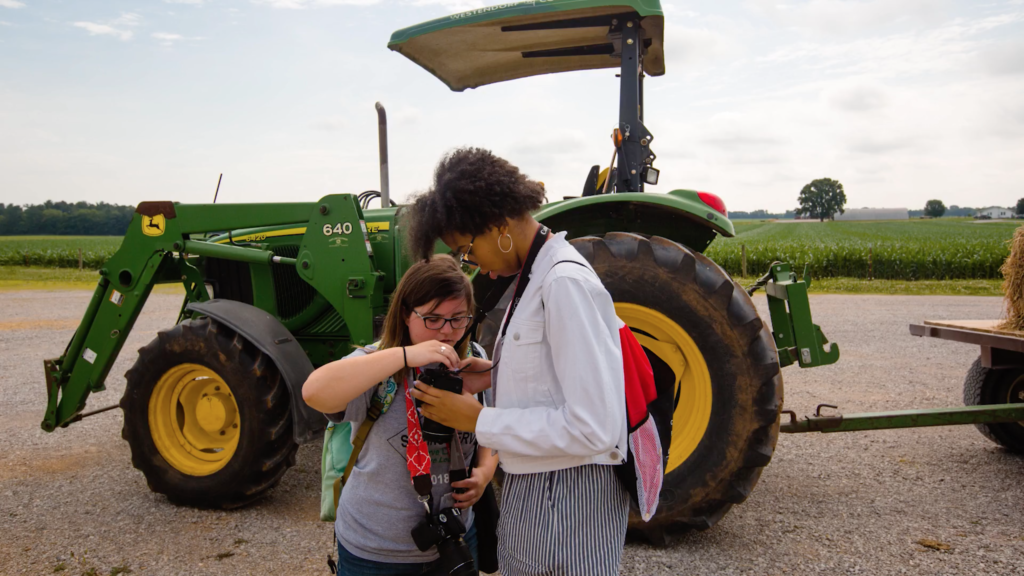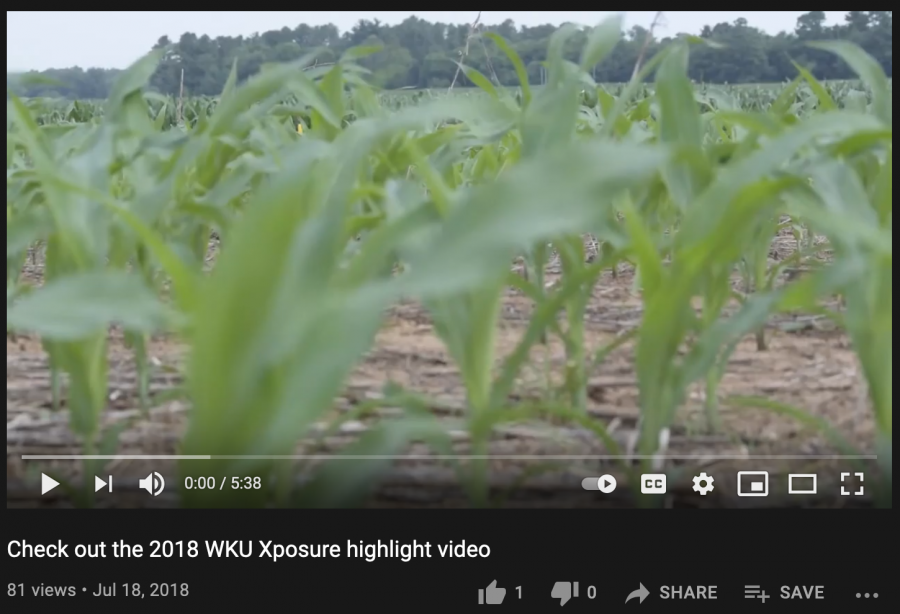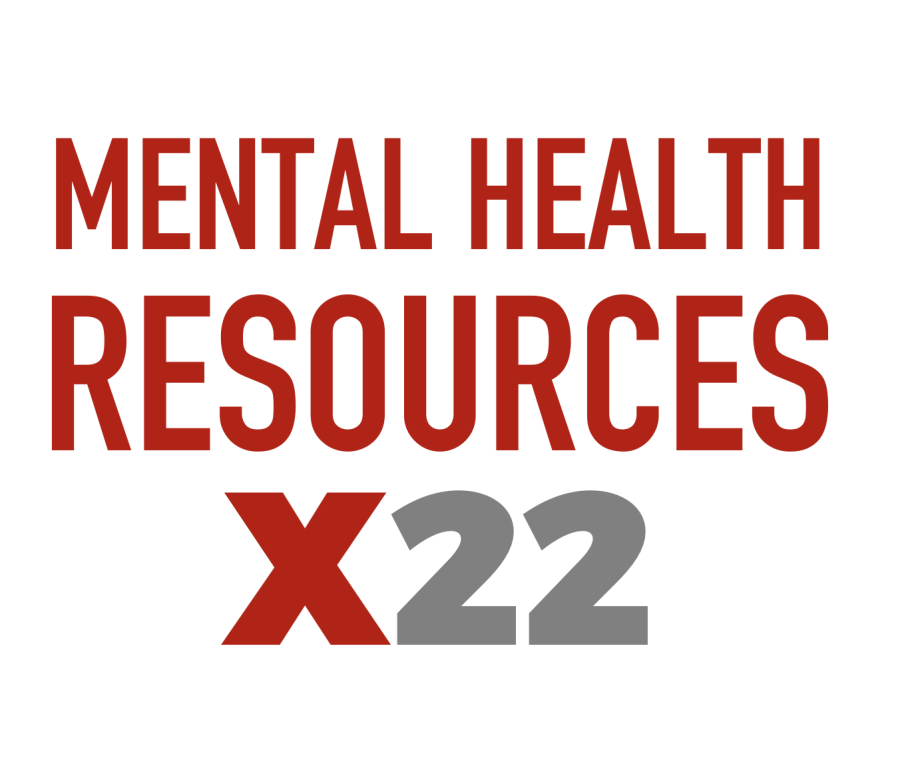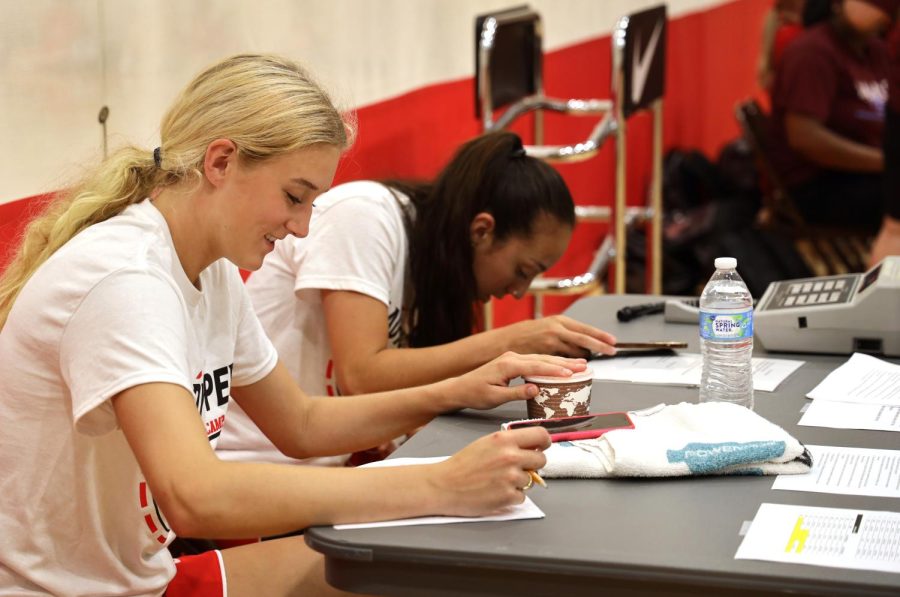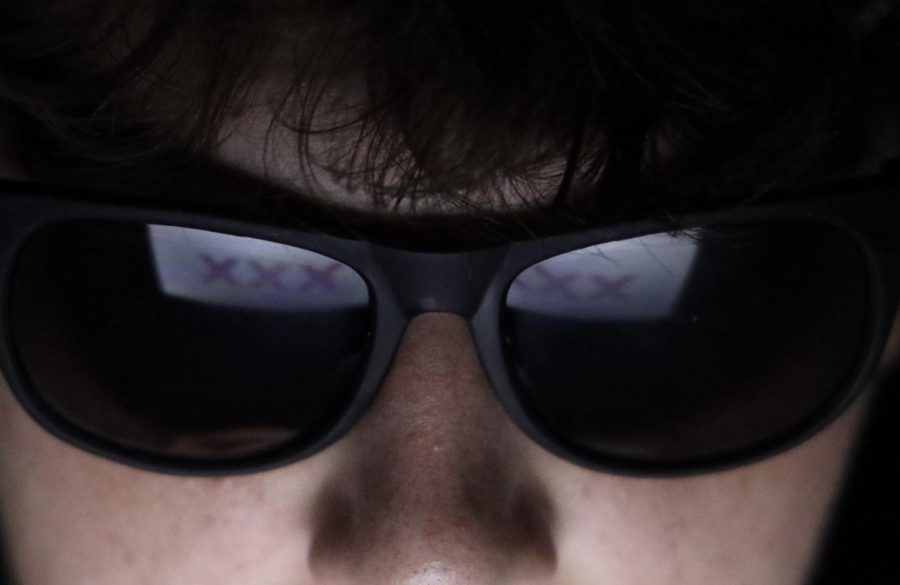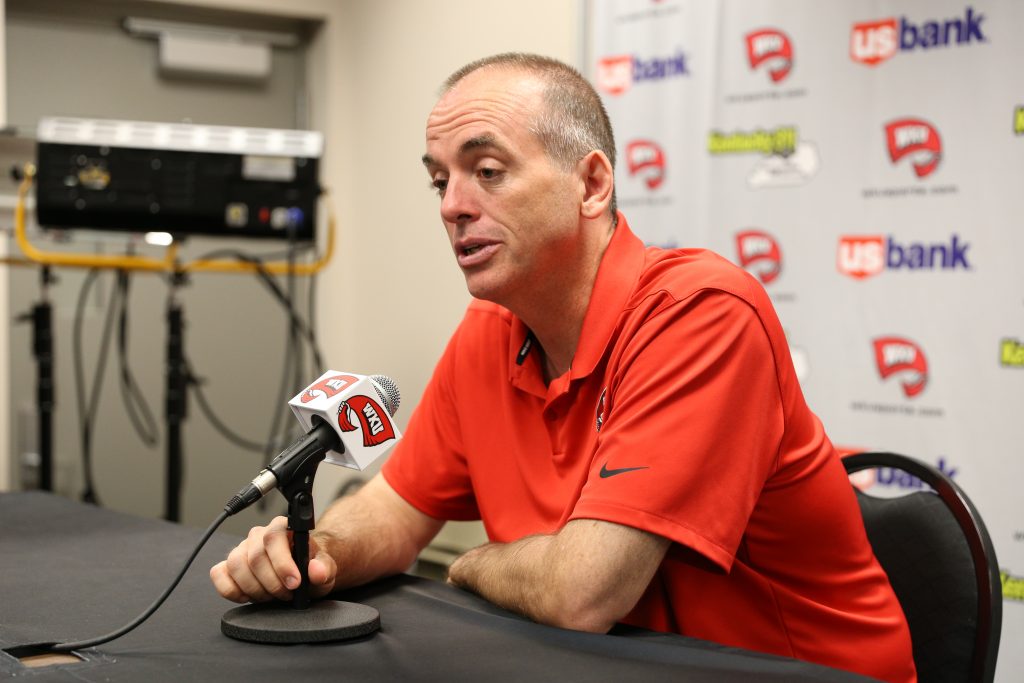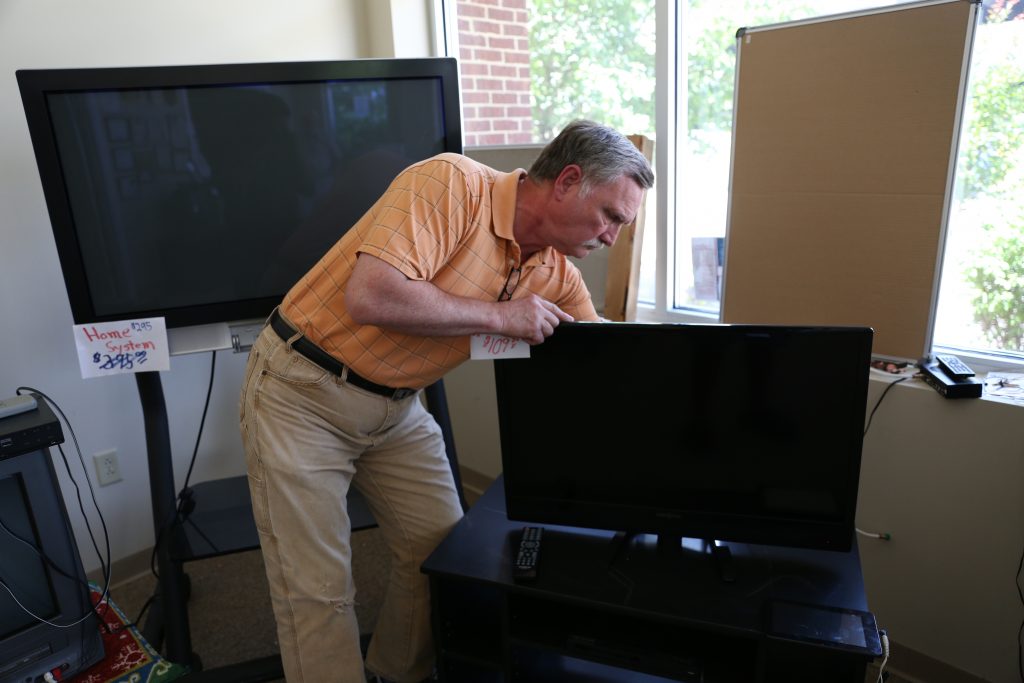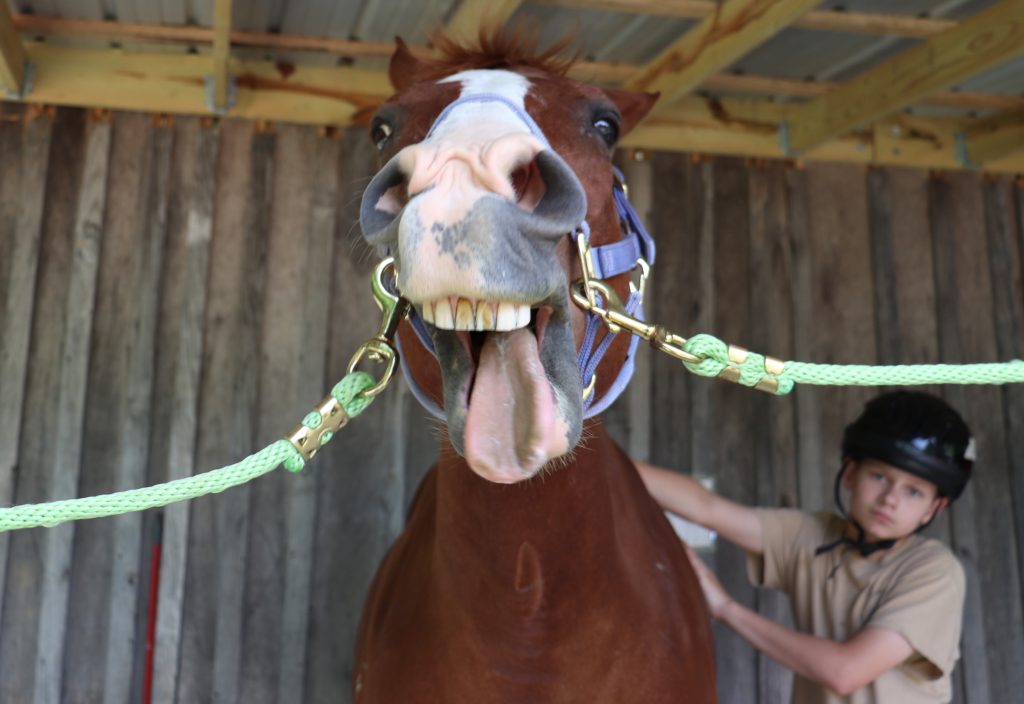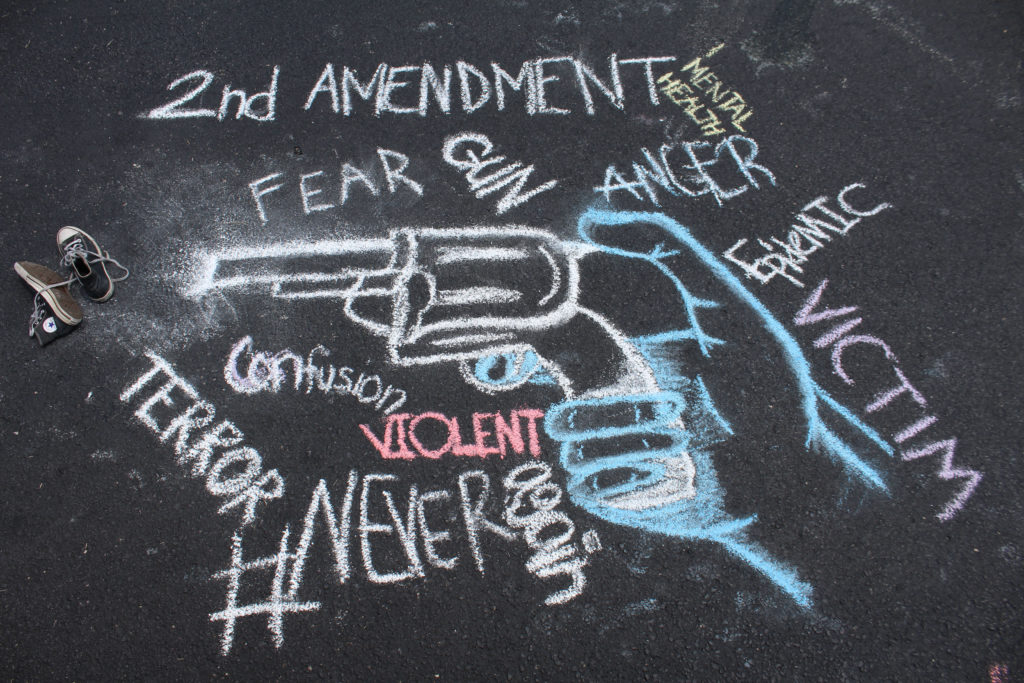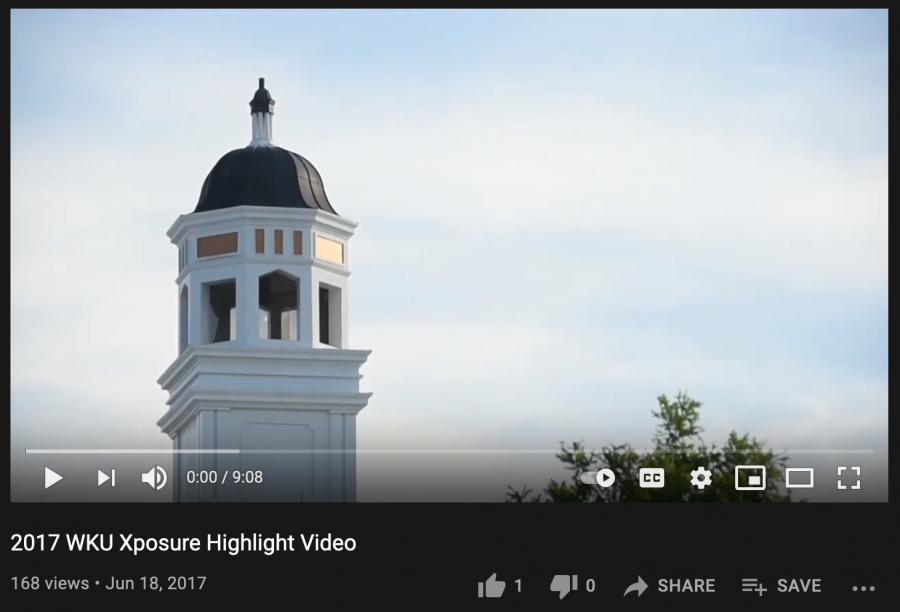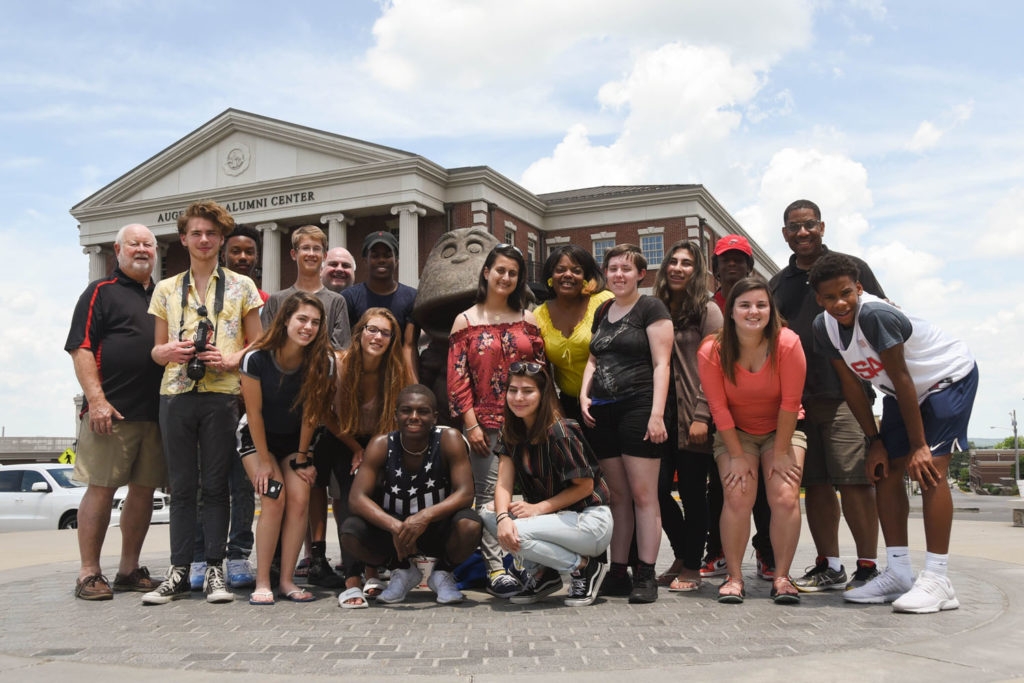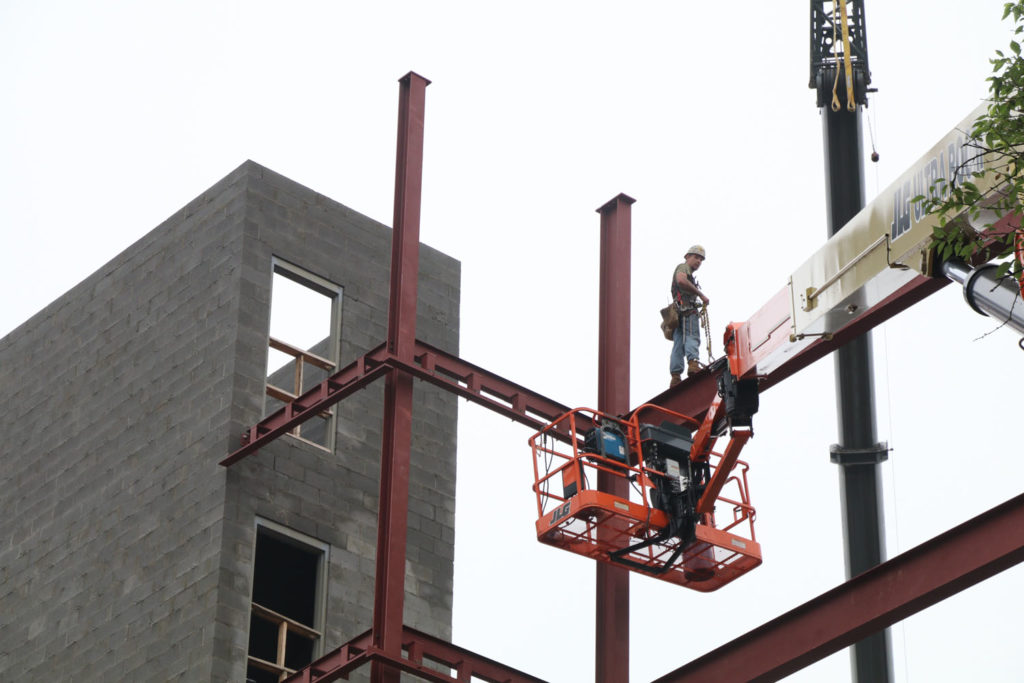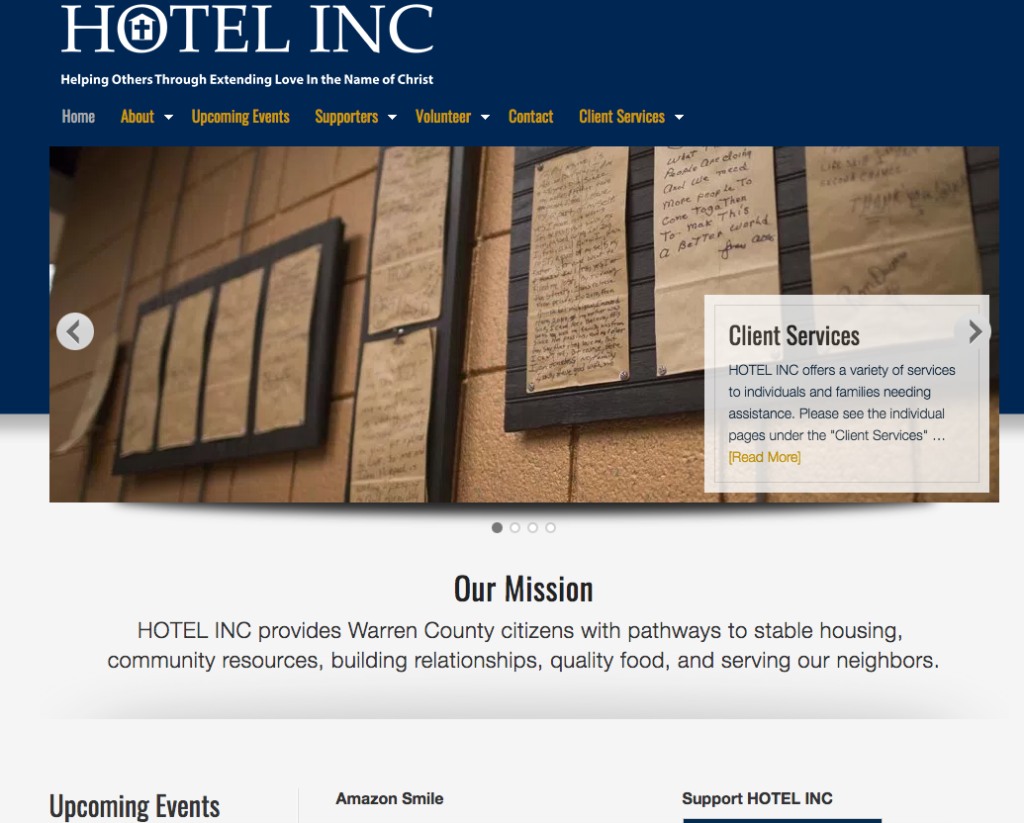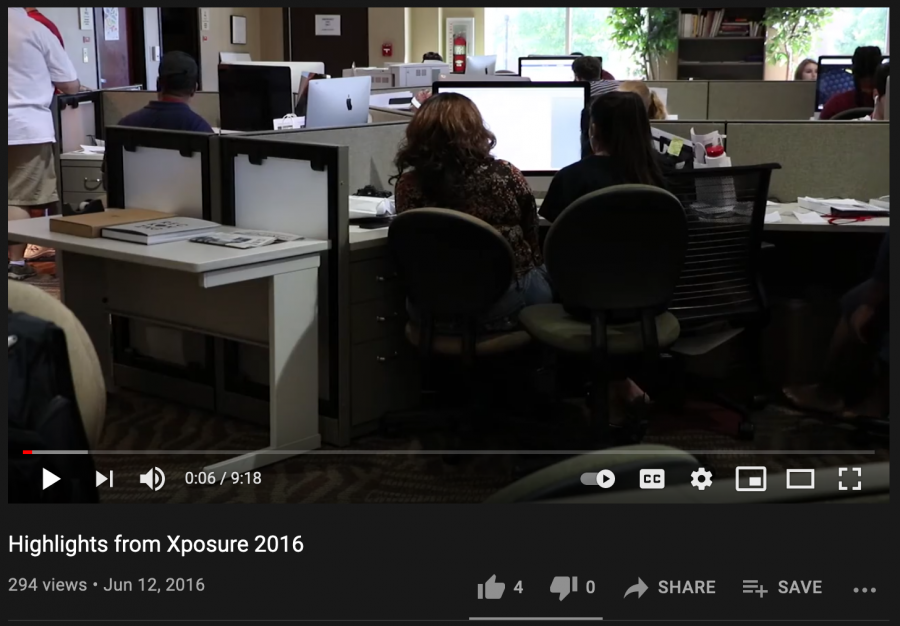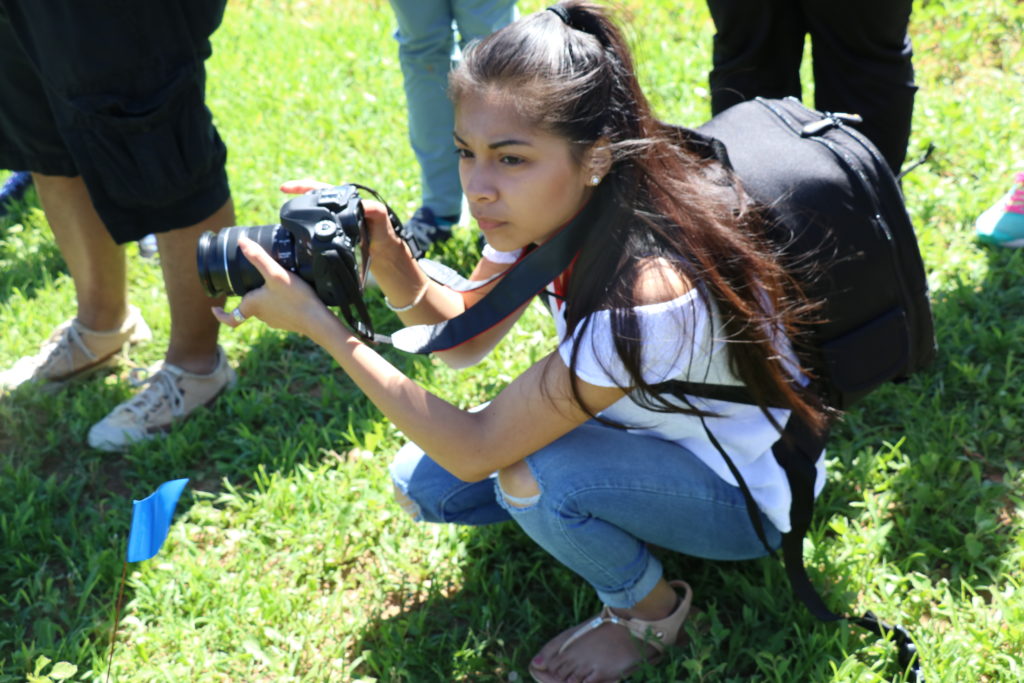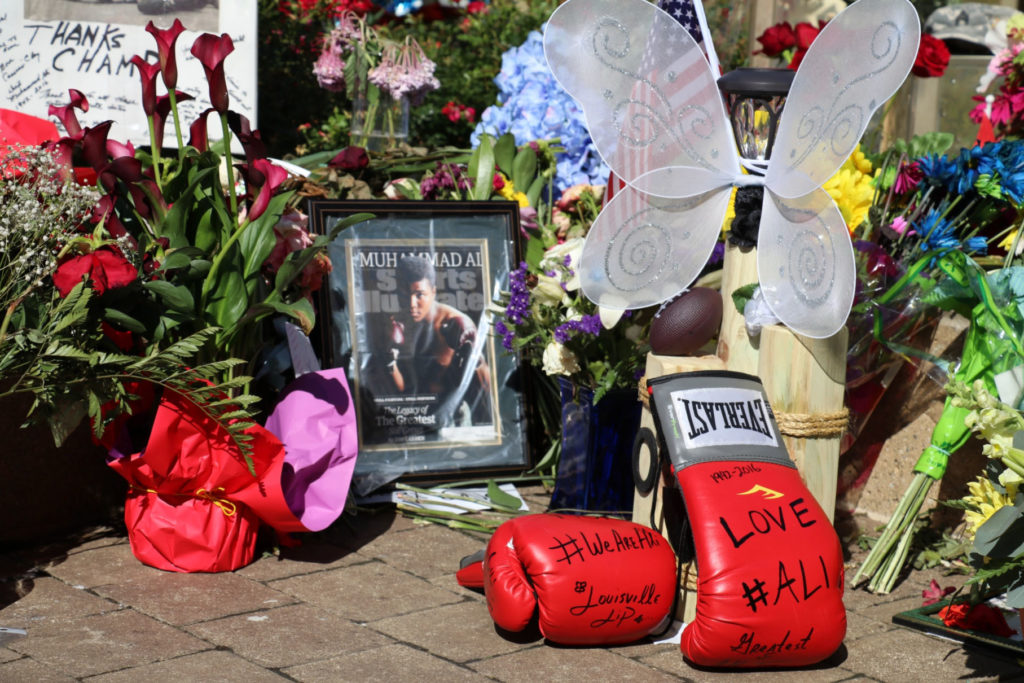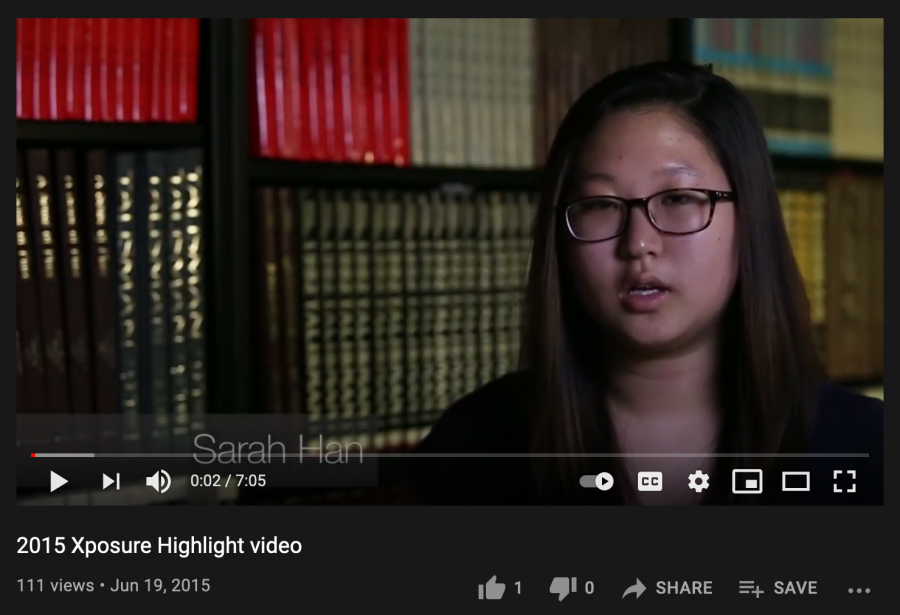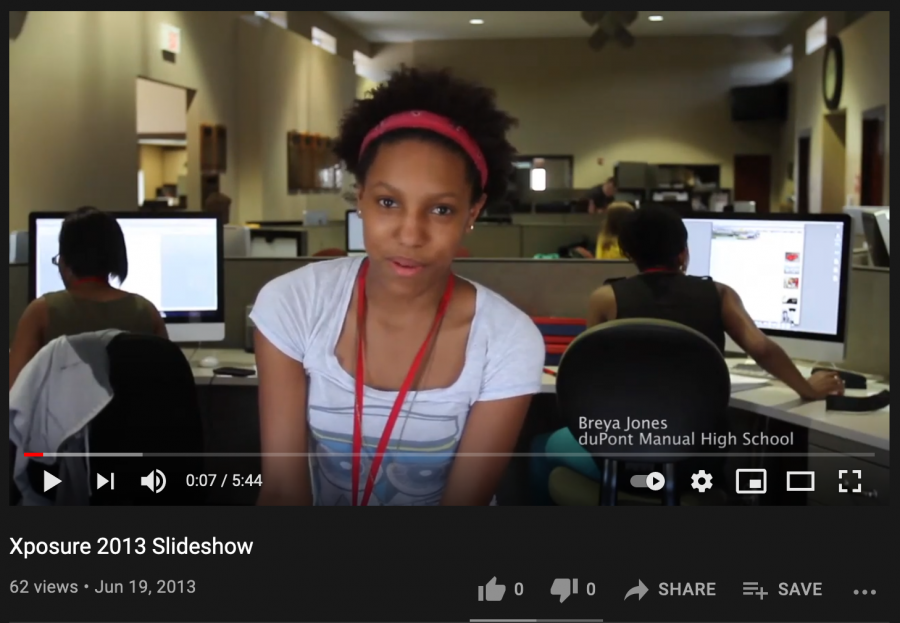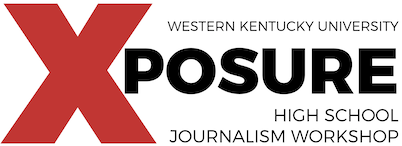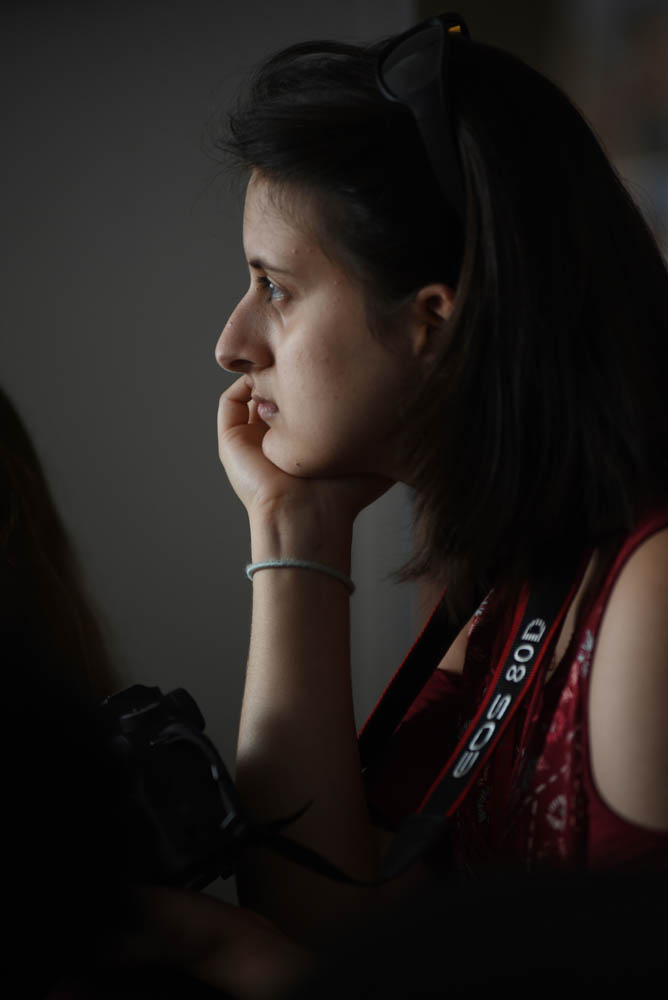By Maya Joshi, DuPont Manual High School
One year after 49 members of the LGBT+ community lost their lives to home-grown homophobia in the Pulse nightclub shooting, the LGBT+ community is facing record high levels of discrimination and violence as Pride month nears its mid-point.
Part of this comes from a new political atmosphere that encourages confrontational, aggressive behavior when seeing something that counters your own political or religious views. Part of this is from a new administration that not only promotes and encourages violence but says they’ll have the perpetrator’s back. Part of this is from everyday people seeing harassment and assaults and saying nothing, turning their head, being a bystander and refusing to help for their fears.
The statistics show that non-heteronormative sexual assault isn’t as rare as some would expect. According to RAINN (Rape, Abuse, and Incest National Network), 21 percent of transgender, genderqueer, or otherwise gender non-conforming (TGQN) college students have been sexually assaulted, while 18 percent of non-TGQN females and 4 percent of non-TGQN males have been sexually assaulted.
And 46.4 percent lesbians, 74.9 percent bisexual women, 43.3 percent heterosexual women, 40.2 percent gay men, 47.4 percent bisexual men and 20.8 percent heterosexual men reported sexual violence other than rape during their lifetimes according to the NSVRC, or National Sexual Violence Resource Center.
About one in five TGQN (transgender, genderqueer, questioning, nonconforming) college students have been sexually assaulted. About one in six non-TGQN female college students have been sexually assaulted. About one in 25 non-TGQN male college students have been sexually assaulted. About eleven out of every 25 women who are lesbian, about 11 out of every 25 women who are straight, about two out of five men who are gay, over one in five men who are straight, about 12 out of every 25 men who are bisexual and about three out of four women who are bisexual have experienced sexual violence other than rape.
The number of bisexual men who have experienced sexual violence other than rape is about half of the number of bisexual women who have experienced sexual violence other than rape.
But these numbers aren’t completely accurate. In reality, the numbers are considerably higher because most rape, sexual assault, sexual harassment, sexual violence and sexual abuse go unreported, meaning data pools consistently show lower numbers than the reality of the situation.
To say Kentucky’s laws regarding LGBT+ youth are lacking is an incredible understatement. There are no anti-bullying, non-discrimination, foster/adoption system protection or conversion therapy ban laws or policies or acts whatsoever. Nothing for students. Nothing for minors. In fact, the Bluegrass State goes as far as criminalizing exposure to/transmission of HIV.
The state requires proof of sex reassignment surgery before allowing the gender on a birth certificate to be changed and requires proof of sex reassignment surgery, court order or an amended birth certificate before allowing the gender marker on a driver’s license to be changed.
Of Kentucky’s 120 counties, only two prohibit private employment discrimination based on gender identity or sexual orientation. Seven cities have similar laws.
Kentucky has a little over 4.3 million people, and more than 130,000 of them are LGBT+. We need to demand better for all of our friends, loved ones, and enemies who face extreme adversity because of who they love and who they are.
We need to demand better for our children and grandchildren, who all deserve the same opportunity for a better life. We need to demand better for those who fought before us, and so that someday after us they won’t need to fight for equal rights.


